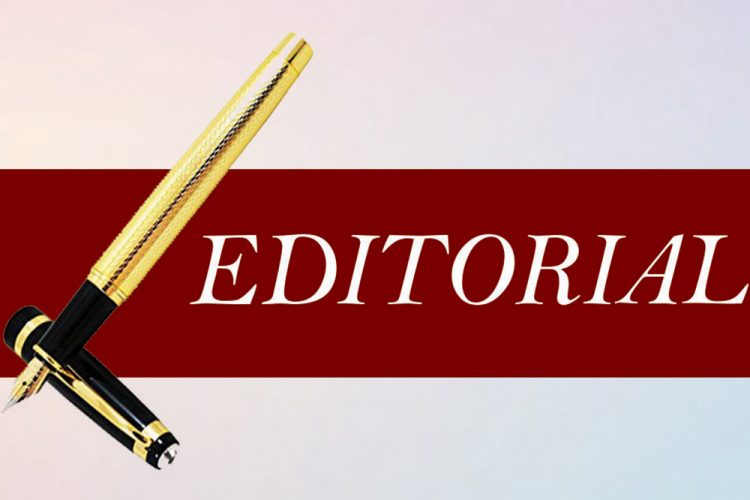The Health of the Nation is Paramount

The global battle to contain the deadly COVID19 pandemic, to minimise its effects and to protect the people of planet earth takes various forms according to circumstances.
Governments all over the world have adopted differing measures ranging from issuing protocols and persuasive exhortations to abide by them, to very extreme measures involving restricting the rights of citizens even in regard to their own privacy.
In our own country, reactions have varied according to how serious the threat is perceived. For instance, at the first announcements that the virus was among us, there were panic-stricken calls for a complete “lockdown”, closure of schools and the like. When, even as casualties rose, there were no reported cases of deaths or critically ill, complacency began to set in among the population.
This was quite abruptly interrupted when the first deaths were announced and almost overnight there appeared masks out of nowhere, you could hardly see a face, especially in the capital. Again, after a while, the heightened awareness dropped and masks began to be worn below the chin. At the same time, as the government intensified its vaccination campaign, so did all sorts of objections, fuelled by those whose motives were varied.
Particular mention was made of the “rights” of citizens, making these individual rights paramount above those of the health and well-being of the population as a whole.
Sometimes it is amusing to hear how these advocates of the western concepts of individual rights berate governments in our region for taking measures which appear to infringe on those supposedly “absolute” rights.
Trinidad and Tobago is probably the most outstanding current example. Faced with the stubbornness on the part of significant segments of the population not to adhere to the health protocols even under a lockdown, Prime Minister Rowley last Saturday declared a State of Emergency, an extreme measure including a night curfew from 9 p.m. to 5 am. More than 90 COVID19 deaths have been recorded in this month alone and the death toll overall has now reached 285.
It is interesting to look at some of the measures taken by some western democracies to combat COVID19 and how they have impacted on individual rights. Take the United Kingdom (UK) for instance, from which we have copied our legal system. At one point, a few months ago, the UK was appearing to go down the road of the US where both casualties and fatalities are concerned.
In the face of that, the Boris Johnson government enacted a series of measures placing that country under a veritable lockdown. Not only were gatherings at outdoor places of recreation banned, including pubs, bars and restaurants except for takeaway service; but even private gatherings were either banned entirely outdoors or, in the case of indoor gatherings in private, the numbers restricted.
Britons could not travel abroad without permission on the grounds of essential travel.
How would Vincentians have reacted in similar circumstances? It is only now that these restrictions are being modified and tourism-related travel allowed, but only to designated countries. Interestingly, even if allowed to travel, on return to the UK there is a compulsory 10-day quarantine period at a government-stipulated facility, at one’s own expense, costing about 1750 pounds, equivalent to over EC$6600.
Speaking of travel, an extreme example is the Australian government which in reaction to the massive outbreak in India (whose fatalities incidentally are still much less than those of the US, which has one-third of India’s population), has placed a ban on travel from India. Even Australian citizens are subject to this ban, so Australian cricketers who had been playing in the IPL had to go to the Maldives while trying to work out concessions to travel home. Violation of that ban would have made them liable to up to five years imprisonment and/or a fine of up to US$51,000.
These are the kinds of measures that these bastions of western democracy are employing in their bid to protect their population. One may not necessarily agree with them, but the underlying principle is that the safety and well-being of the entire population must come above any so-called “inalienable” individual right. It would be good for us to reflect on this.









